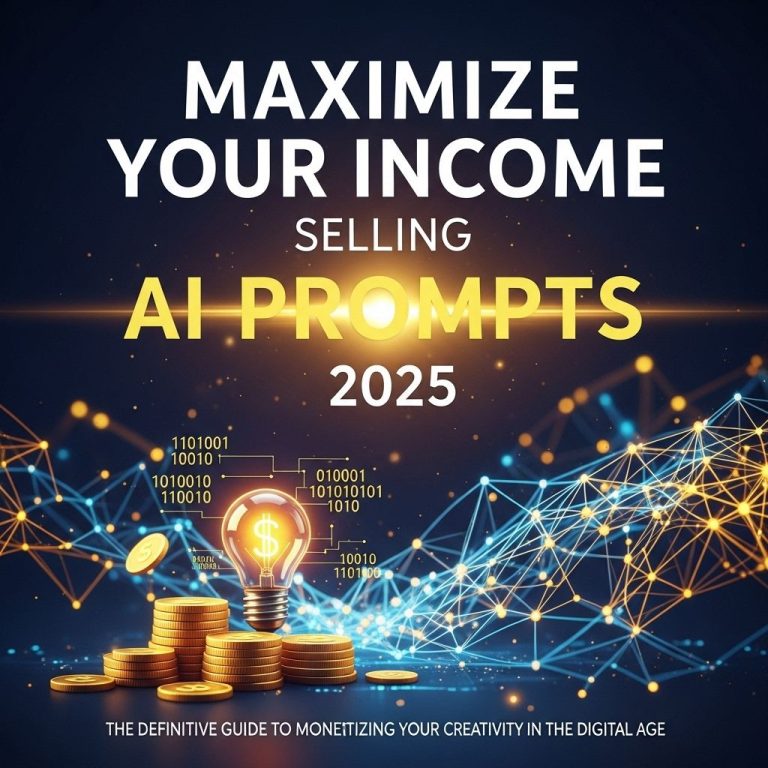The integration of artificial intelligence (AI) in business processes has revolutionized various industries, allowing companies to optimize their operations and stay competitive in the ever-evolving market landscape. As we look towards 2025, the significance of AI in enhancing sales pipelines cannot be overstated. The advanced capabilities of AI can streamline processes, improve customer interactions, and ultimately drive sales growth. In this article, we will explore various strategies to leverage AI in building a robust sales pipeline.
Understanding AI and Its Role in Sales
Artificial Intelligence refers to the simulation of human intelligence in machines programmed to think and learn. In sales, AI technologies can analyze vast amounts of data quickly, uncover trends, and predict outcomes, providing sales teams with valuable insights. Here are some key areas where AI can have a profound impact:
- Lead Generation: AI can identify potential leads by analyzing customer behavior and preferences.
- Predictive Analytics: Leveraging historical data to forecast future sales trends and customer behavior.
- Personalization: Tailoring marketing messages and product recommendations to individual customers.
- Automation: Streamlining repetitive tasks and processes to increase efficiency.
Building a Robust AI-Powered Sales Pipeline
To effectively integrate AI into your sales pipeline, consider the following strategies:
1. Data Collection and Management
The foundation of any successful AI implementation is quality data. Here are essential practices to consider:
- Centralize Data: Use a Customer Relationship Management (CRM) system to gather and store all customer interactions in one place.
- Ensure Data Quality: Regularly clean and update your data to maintain its accuracy.
- Utilize Diverse Data Sources: Incorporate data from social media, web analytics, and customer feedback to enrich your understanding of customer behavior.
2. Implementing Predictive Analytics
Utilizing predictive analytics can drastically improve your sales strategy. Here’s how:
- Identify Key Metrics: Determine which metrics are most relevant to your sales goals, such as conversion rates and customer lifetime value.
- Analyze Historical Data: Use past sales data to identify patterns and predict future events.
- Deploy AI Tools: Leverage AI tools like Salesforce Einstein or HubSpot’s predictive lead scoring to streamline your forecasting processes.
3. Enhancing Customer Engagement
AI can significantly enhance customer interactions. Consider these approaches:
| Engagement Tool | Description |
|---|---|
| Chatbots | Provide 24/7 customer support and assist with inquiries. |
| Email Automation | Send personalized follow-ups and nurture leads automatically. |
| Recommendation Engines | Suggest products based on user behavior and preferences. |
Challenges in AI Implementation
Despite the numerous benefits, implementing AI in your sales pipeline comes with challenges that require careful consideration:
- Integration Difficulties: Merging new AI systems with existing infrastructure may pose technical challenges.
- Data Privacy Concerns: Managing and protecting customer data is crucial, especially with strict regulations like GDPR.
- Skill Gaps: Training your team to effectively use AI tools is essential for maximizing their potential.
Future Trends of AI in Sales
As we advance further into 2025 and beyond, several trends are likely to shape the future of AI in sales:
1. Increased Automation
Automation of routine tasks will free up sales teams to focus on high-value activities, enhancing overall productivity.
2. Enhanced Personalization
AI will enable even greater levels of personalization, delivering tailored experiences that resonate with individual customers.
3. Improved Decision-Making
Advanced AI algorithms will support data-driven decision-making processes, reducing reliance on intuition alone.
Conclusion
As we move towards 2025, the potential of AI to bolster sales pipelines is vast. By embracing data-driven strategies, predictive analytics, and enhanced customer engagement techniques, businesses can position themselves for success in an increasingly competitive marketplace. The journey to harnessing AI may present challenges, but with the right approach and mindset, the rewards can be substantial. Organizations that are proactive in their AI adoption will undoubtedly find themselves at the forefront of their industries, equipped to tackle the demands of the future.
FAQ
How can AI enhance my sales pipeline in 2025?
AI can streamline lead generation, personalize customer interactions, and improve data analysis, resulting in a more efficient sales pipeline.
What are the key AI tools for pipeline management in 2025?
Key AI tools include predictive analytics, chatbots for customer engagement, and CRM systems that utilize machine learning to enhance sales strategies.
Is it necessary to have technical expertise to implement AI in my sales pipeline?
No, many AI solutions are user-friendly and designed for non-technical users, allowing businesses of all sizes to leverage AI effectively.
What are the benefits of using AI for lead scoring?
AI improves lead scoring by analyzing historical data and user behavior, enabling more accurate predictions about which leads are most likely to convert.
Can AI help in forecasting sales trends for 2025?
Yes, AI can analyze vast amounts of data to identify patterns and trends, providing more accurate sales forecasts and helping businesses make informed decisions.
How does AI improve customer relationship management in sales?
AI enhances CRM by automating routine tasks, providing insights into customer behavior, and enabling personalized communication, ultimately strengthening customer relationships.




